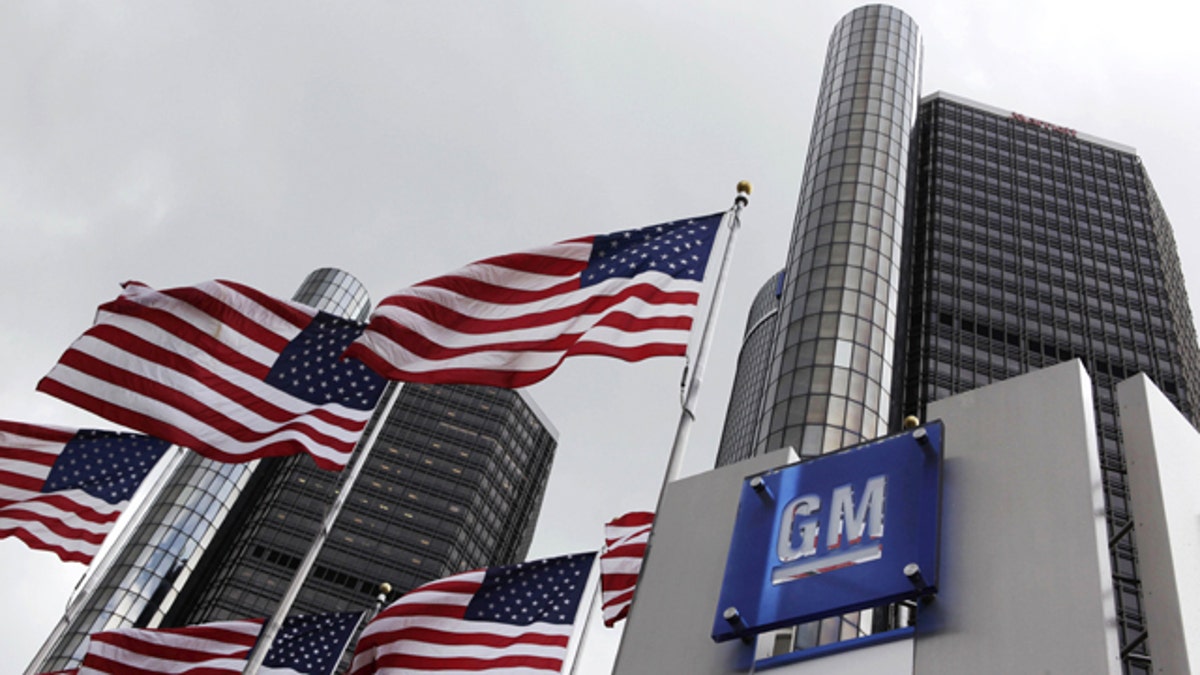
(AP)
Detroit has long had a specific image in the eyes of the rest of the country, if not the world. The consensus has been that Detroit is a shell of its former shelf, a Wild West of a wasteland with sky-high crime rates and miles of city blocks dotted with abandoned buildings.
Viewed as unsafe and undesirable, Detroit is seen as the place where the Boogeyman goes to vacation. And while it has rightfully earned some of this negative reputation, sweeping generalizations are both unfair and narrow. There’s more to the Motor City than you’d ever imagine. The city rides its rich history like a prized thoroughbred. And while tough times have been prevalent, the hard-working people in this still-proud city are using that very glorious past as motivation to lurch Detroit forward to better times.
What you think you know about Detroit is really only superficial. So hop in and please fasten your safety belt. We’re going to take a little ride around the city that put the world on wheels.
1. If you dig your car (American or not), you can thank Detroit
Aptly nicknamed The Motor City, Detroit evolved into the mecca of the American auto industry. When he formed the Ford Motor Co. in 1903, Henry Ford had no idea that he would change the world. Years later, he would guarantee workers $5-a-day wages, which was double what most manufacturing jobs paid.
The assembly line was created and perfected in Detroit, and the process of automobile production became the city’s trademark. The first paved street in America was Woodward Avenue, Detroit’s spine-like main thoroughfare that runs from the city through the suburbs.
2. Detroit won the Second World War
In addition to building cars, Detroit was critical to the war effort in WWII. When the nation went to war with Japan, Detroit’s heavy manufacturing facilities stopped making cars and for three years cranked out only Sherman tanks, B-24 bombers, Jeeps, guns, and the remaining ordnance a country needs to take down another world power.
3. Detroit is also the Music City
Berry Gordy founded Motown Records in 1959 and would later churn out a soul-pop hybrid sound that would captivate the world. From that stable came Marvin Gaye, Stevie Wonder, Smokey Robinson, and Diana Ross and The Supremes.
Later, the ‘70s would usher in unrivaled rock gods like Iggy and The Stooges and The MC5, along with Bob Seger, Alice Cooper and Ted Nugent. The evolution of hip-hop gave Detroiters Kid Rock and Eminem a huge international audience. Still, electronica seems to have the farthest-reaching audience and longest shelf life. It was founded in the city by Derrick May, Juan Atkins and Kevin Saunderson -- three high school pals -- in the late ‘80s and early ‘90s, and an enormous global listening party was born. Detroit annually hosts the largest outdoor electronic music festival.
----------
Also from AskMen
Top 5 Reasons to Save the American Auto Industry
5 Things You Didn't Know About New York City
----------
4. Detroit was the world's largest factory
Cars, trucks and tanks aside, Detroit made itself one of the biggest manufacturing giants in the country. In the 1920s, Detroit had the largest of the following manufacturing plants: car motors, tractors, adding machines, stoves, drugs and chemicals, vacuum cleaners, paint works, seed houses, cigars, sport shoes, and coin machines.
In that decade and beyond, Detroit was third in population (behind New York City and Chicago, respectively), and its manufacturing output bested that of Buffalo, Cleveland and Toledo combined.
5 . It's true: Detroit was Murder City -- but the keyword is "was"
Detroit's murder rate: It's the blood-soaked elephant in the room nobody likes to talk about. It wasn’t a conversation piece at all back in the 1930s and 1940s, when the city averaged about 70 murders per year. But things got nasty in the 1970s and i1980s when the homicide rate in the city climbed to roughly 500 per year, maxing out at 582 murders in 1990. The nation didn’t even gasp; it just shook its head. Detroit is not as murderous as it once was, however. In 2000, the homicide rate dropped to just under 400 and has hovered around there since. Staggering numbers still, but an improvement nonetheless.
